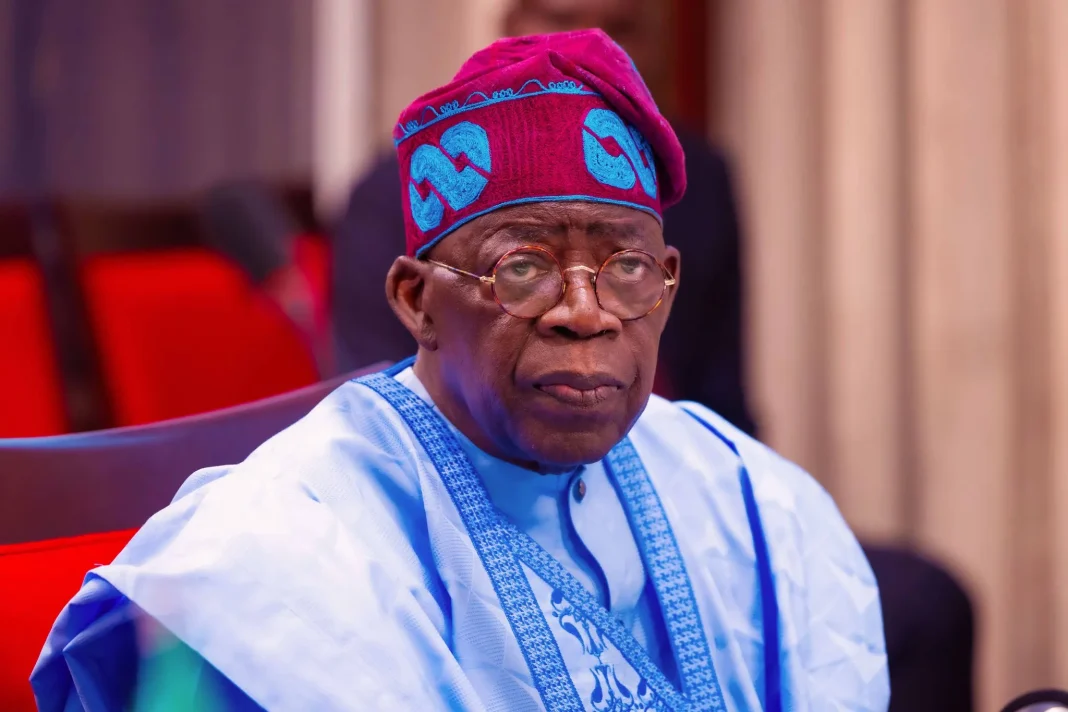President Bola Tinubu announced on Monday that he removed the fuel subsidy to protect the future of Nigeria’s youth and unborn generations. He made this statement during the inauguration of the National Youth Congress Planning Committee at the Presidential Villa in Abuja.
At the event, President Tinubu emphasized his administration’s dedication to empowering young people, stating that government policies are aimed at creating a better future. “You are the hope of the country,” he said, urging the youth to take their roles seriously in shaping Nigeria’s development.
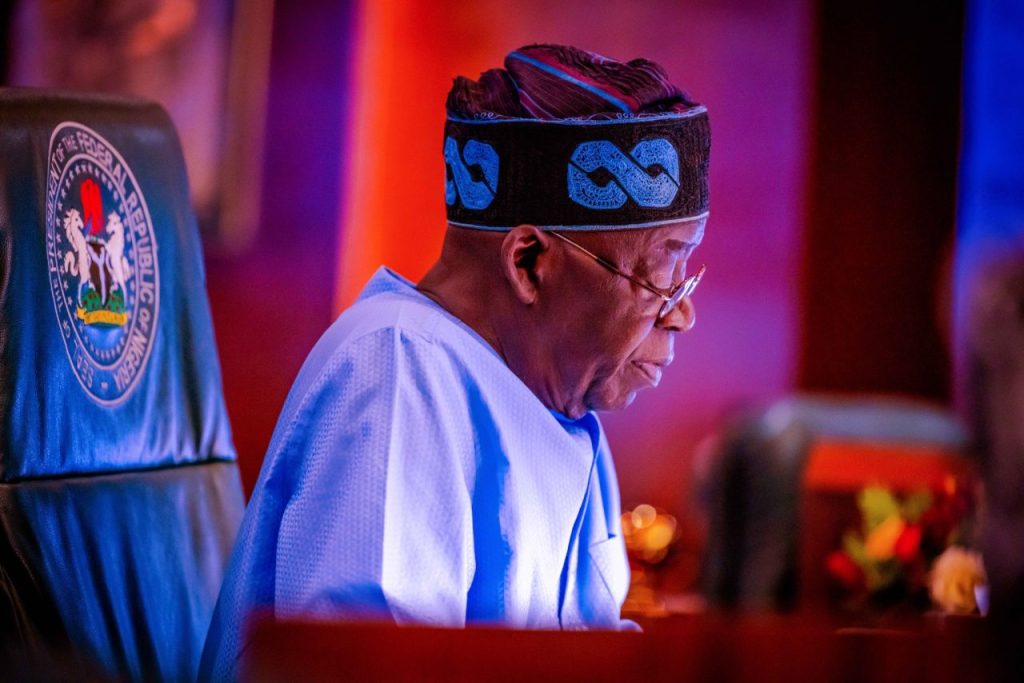
The President explained that removing the fuel subsidy is a step toward investing in infrastructure and creating opportunities that will encourage young people to stay in Nigeria rather than leave for better prospects abroad. He acknowledged concerns about the trend of young Nigerians seeking opportunities outside the country and expressed his commitment to fostering a prosperous environment at home.
Tinubu reflected on the challenges his administration faced at the beginning, saying that the economy is now improving, with falling prices and increasing investor confidence. He encouraged the youth to share their ideas and suggestions for the country’s development, promising to listen and implement their feedback.
During the inauguration, he emphasized the importance of using technology and improving farming conditions to empower young people and achieve food sovereignty in Nigeria. “I can’t be young again, but I envy all of you,” he added, showing his support for the youth.
Read Also: President Tinubu: “For 50 Years, We Spent the Money of Generations Yet Unborn”
Minister of Youth Development, Ayodele Olawande, also spoke at the event, stating that the confab aims to promote youth engagement in governance. He highlighted that the committee members were carefully chosen from various sectors, including finance, civil society, and international organizations, to ensure diverse representation.
Samson Itodo, a member of the planning committee and Executive Director of Yiaga Africa, praised President Tinubu for recognizing the importance of youth in shaping the nation’s future.
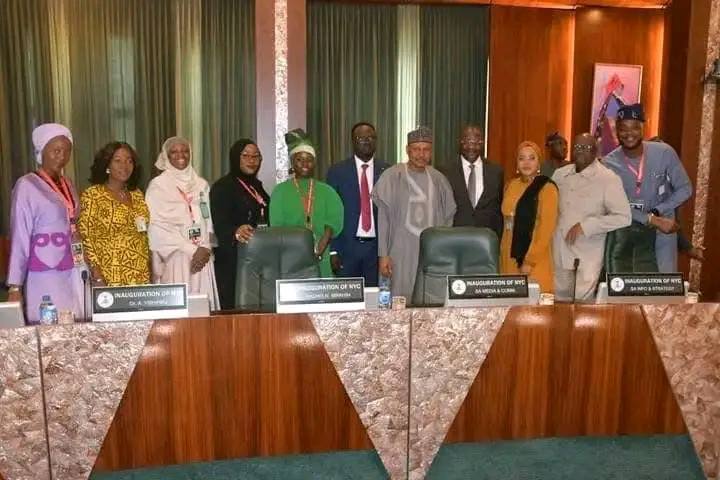
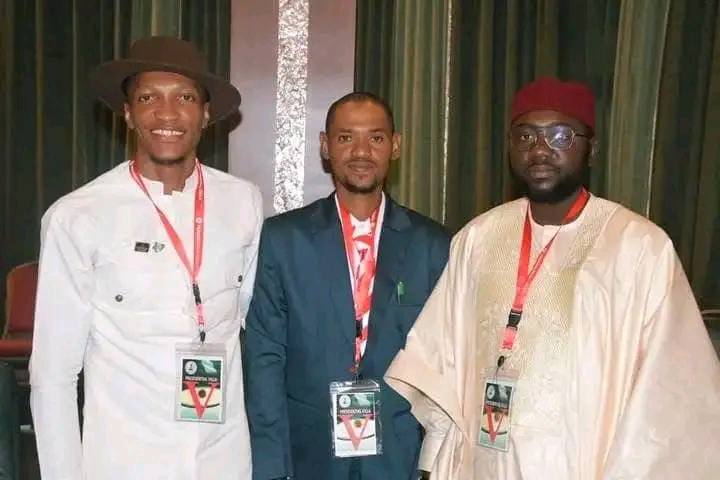
Subsidy Removals in Nigeria: A History of Protests and Government Backpedals
For more than three decades, successive Nigerian governments have struggled to end fuel subsidies without triggering mass protests and political pushback. Despite repeated attempts, every move to remove the controversial subsidy has faced fierce public resistance and, in most cases, a reversal or soft landing.
President Bola Tinubu’s bold decision in May 2023 to eliminate the fuel subsidy reignited the national debate. Within hours of the announcement, fuel prices more than tripled. The public reaction was swift—commuters faced soaring transport costs, inflation spiked, and social media erupted under the hashtag #EndBadGovernance. Protests soon followed in major cities like Lagos, Abuja, and Port Harcourt, echoing familiar patterns from the past.
A Long History of Pushback
Nigeria’s first major attempt to cut subsidies came in 1988 under the military regime of General Ibrahim Babangida. The move was met with outrage, forcing a quick retreat. A similar attempt by President Olusegun Obasanjo in 1999 also collapsed under pressure from labour unions and civil society.
But it was President Goodluck Jonathan’s 2012 decision that sparked the most iconic fuel subsidy protest in Nigeria’s history. On January 1, 2012, his government announced a steep increase in petrol prices, jumping from ₦65 to ₦147 per litre. The response was immediate and nationwide. What became known as the Occupy Nigeria movement brought millions to the streets. For nearly two weeks, Nigeria’s major cities were paralyzed by strikes, rallies, and sit-ins. At least 11 people lost their lives in clashes with security forces.
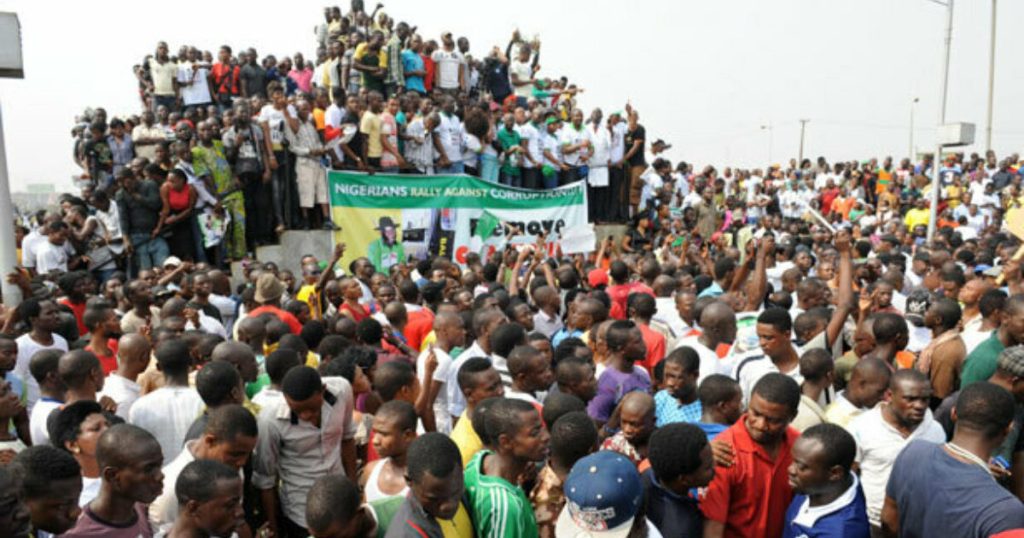
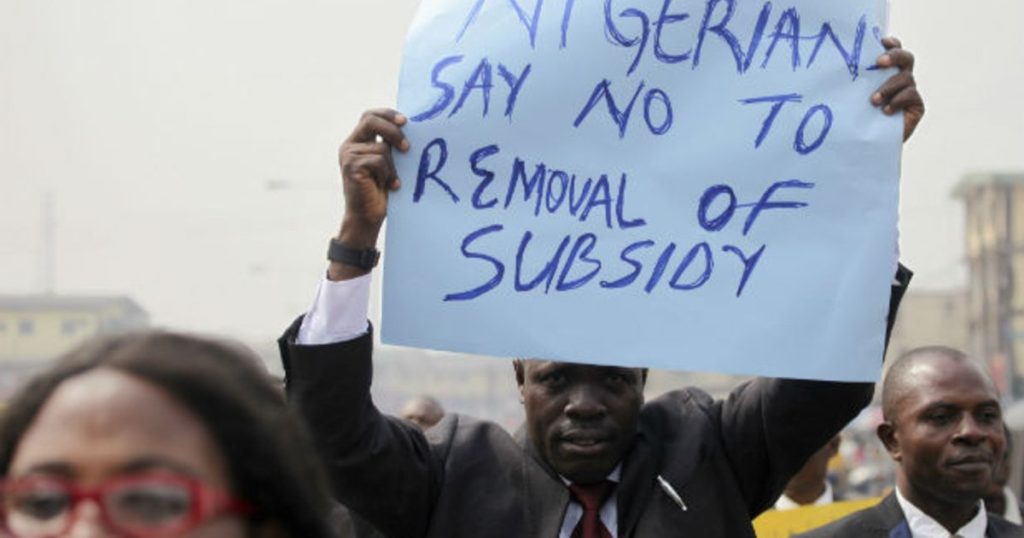
Facing mounting pressure, Jonathan was forced to partially reinstate the subsidy, reducing the price to ₦97 and introducing the SURE-P programme to manage savings from the partial removal.
Buhari Era: A Tug of War
President Muhammadu Buhari, who once opposed subsidy removal, attempted a phase-out in 2016. Petrol prices rose sharply again, but protests and economic instability forced the government to maintain partial subsidies through indirect price controls.
In late 2021, Buhari’s administration proposed a full removal and promised to replace it with a ₦5,000 monthly transport grant for the poorest Nigerians. But planned nationwide protests by the Nigeria Labour Congress and civil society groups led the government to pause the policy just days before its rollout.
Tinubu’s Gamble and the Current Storm
Tinubu took office with a clear message: the subsidy was gone. He described the decades-long subsidy regime as “spending the money of generations yet unborn.” His administration insisted the reform was necessary to prevent economic collapse and reallocate funds toward infrastructure and education.
While international observers and economists praised the move as fiscally responsible, ordinary Nigerians bore the immediate brunt. Within months, inflation surged, food and transport costs soared, and unrest spread. Civil society groups led fresh demonstrations, and the government, under pressure, quietly reinstated a form of “price cushioning”—effectively reintroducing a hidden subsidy by capping fuel prices below import costs.
Each attempt to remove subsidies fails because of a combination of poor timing, lack of public trust, and absence of visible reinvestment in social services. “Nigerians don’t oppose reforms, they oppose suffering without results,” one policy analyst told The Nation Digest.
For now, the fuel subsidy saga remains a cycle of removal, resistance, and reluctant reversal. Unless future administrations can build public confidence and deliver clear, immediate benefits, the battle over subsidies is unlikely to end.

